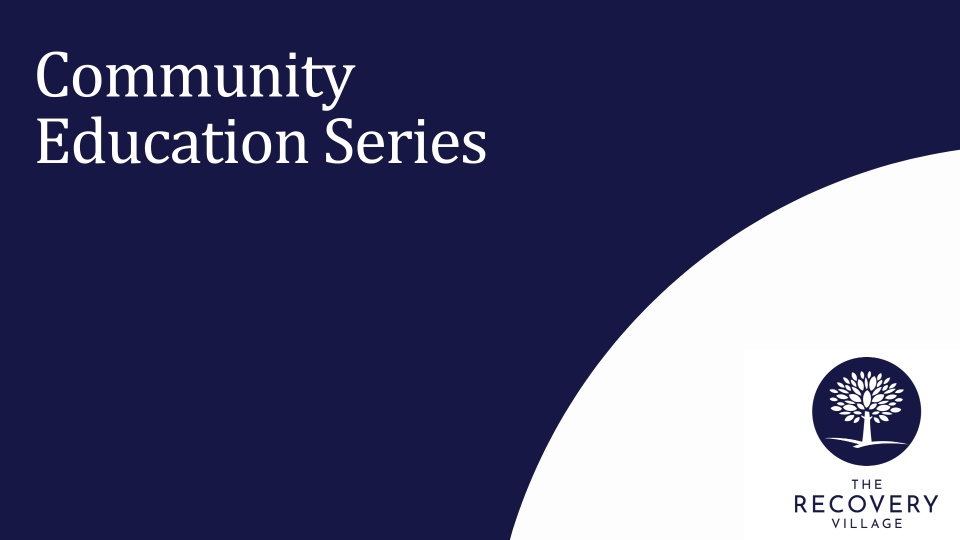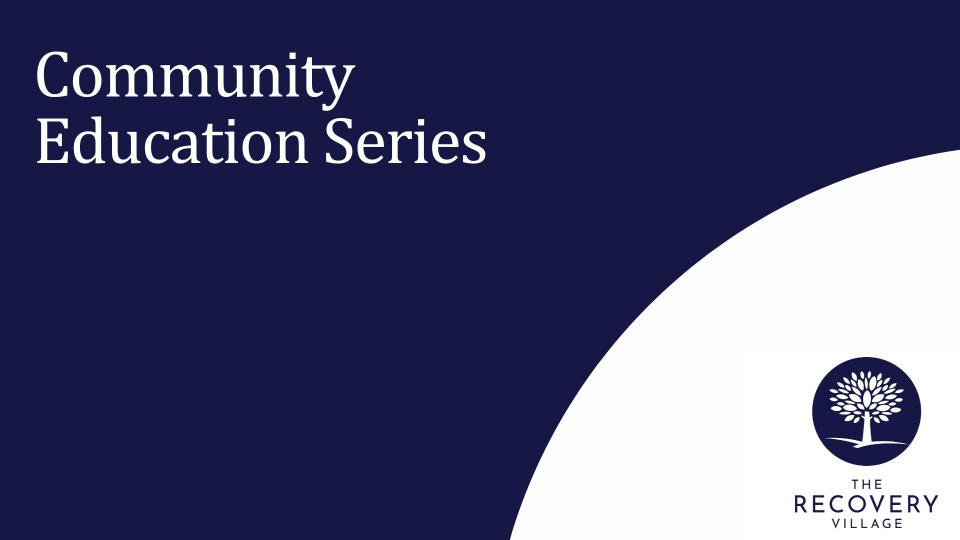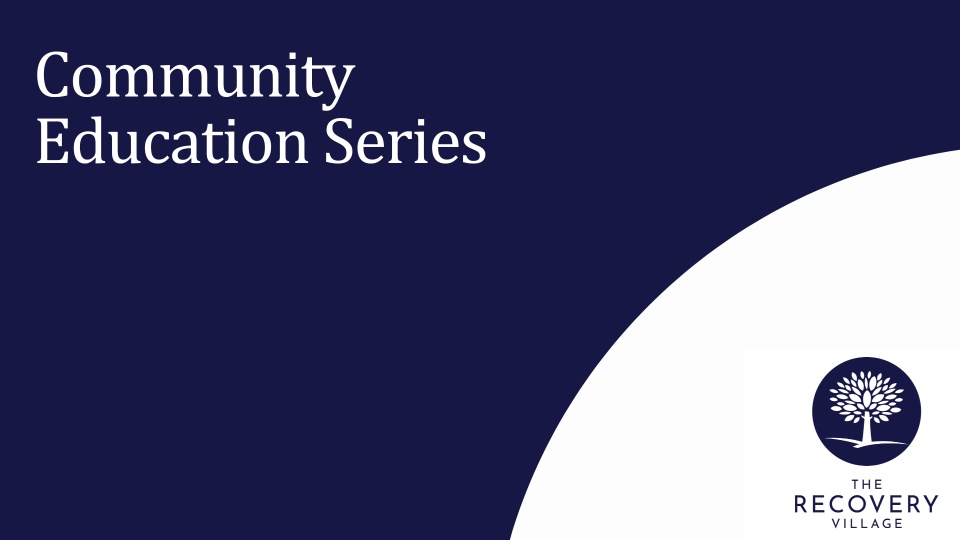Health professionals are prone to mental health disorders due to the nature of their work, which is why self-care is so important for lasting health and well-being.
Self-Care for Healthcare Professionals
Objectives and Summary:
Most health care workers are drawn to their profession because they feel passionate about improving lives and want to help others. However, it’s common for professionals to take on too much of the mental burden, leading to the draining, long-lasting feelings of emotional fatigue. In this presentation, mental health counselor and clinical consultant Alana Sadhu explains how professionals can improve their well-being and stave off emotional fatigue through the power of self-care and mindfulness.
After watching this presentation, the viewer will:
- Understand the mental health concerns of health care professionals, who are typically highly empathetic and prone to disorders like depression, anxiety and even PTSD
- Know why self-care is necessary for maintaining a healthy, happy, well-rounded life as a health professional
- Have a basic understanding of self-care resources and techniques regarding mindfulness, therapy, music, exercise, relationships and more









